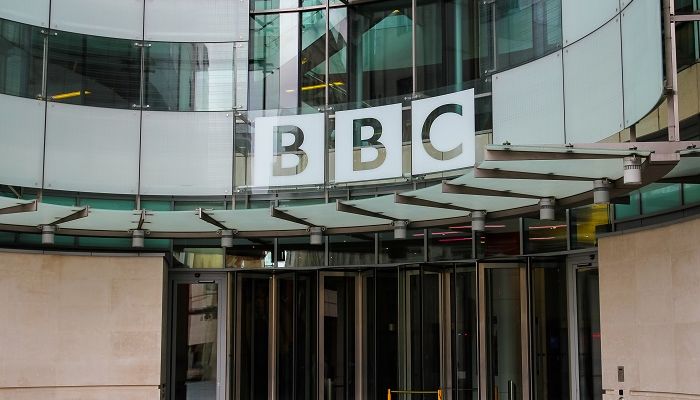BBC World Service expands into North Korea
The BBC World Service is expanding its number of languages in the biggest such move since the 1940s. The Service is aiming to reach the countries that are most in need of independent news, and is backed by government funding.
A key target of the ambitious expansion is North Korea and the citizens who have limited access to unbiased content.
In an interview with the Guardian, Francesca Unsworth, the director of BBC World Service, said: ‘We are reaching an incredibly febrile, dangerous atmosphere at the moment about that whole story, and isn’t it terrible for the people of North Korea that the only information that they getting about any of this is that woman who goes on North Korean television every night?
‘We talked for many years about whether it was worthwhile doing something for the most in-need country of the world. This is right at the head of the BBC’s mission to bring independent news to people most in need – and Korea is the country most in need, followed by Ethiopia and Eritrea.’
The half-hour programme will be broadcast every night, giving the audience a chance to hear it without being caught. Unsworth claims the North Korean embassy has told the BBC not to launch the service, though she claims they’re not planning to be ‘dissident radio’.
‘We are there to explain their perspective on this, we are not there to be the voice of opposition. But of course we are not on the side of governments, we are there on the side of people. That is our remit and it always has been.’
Citizens of North Korea are broadly expected to be able to access foreign broadcasts and half the team will work in Seoul while the other half will be based in London.
The Korean service will be launched in autumn, following the already-launched digital Pidgin service for West Africa, and the upcoming Amharic, Afaan Oromo and Tigrinya services for Ethiopia and Eritrea.
Tony Hall, director-general of the BBC, was positive about the Service’s general expansion: ‘The BBC World Service is one of the UK’s most important cultural exports. In a world of anxieties about ‘fake news’, where media freedom is being curtailed rather than expanded, the role of an independent, impartial news provider is more important than ever.’
This is all possible due to a boost in funding of £289m from the UK Government, which is continuing to find a place for the country in the post-Brexit world.






Leave a Comment